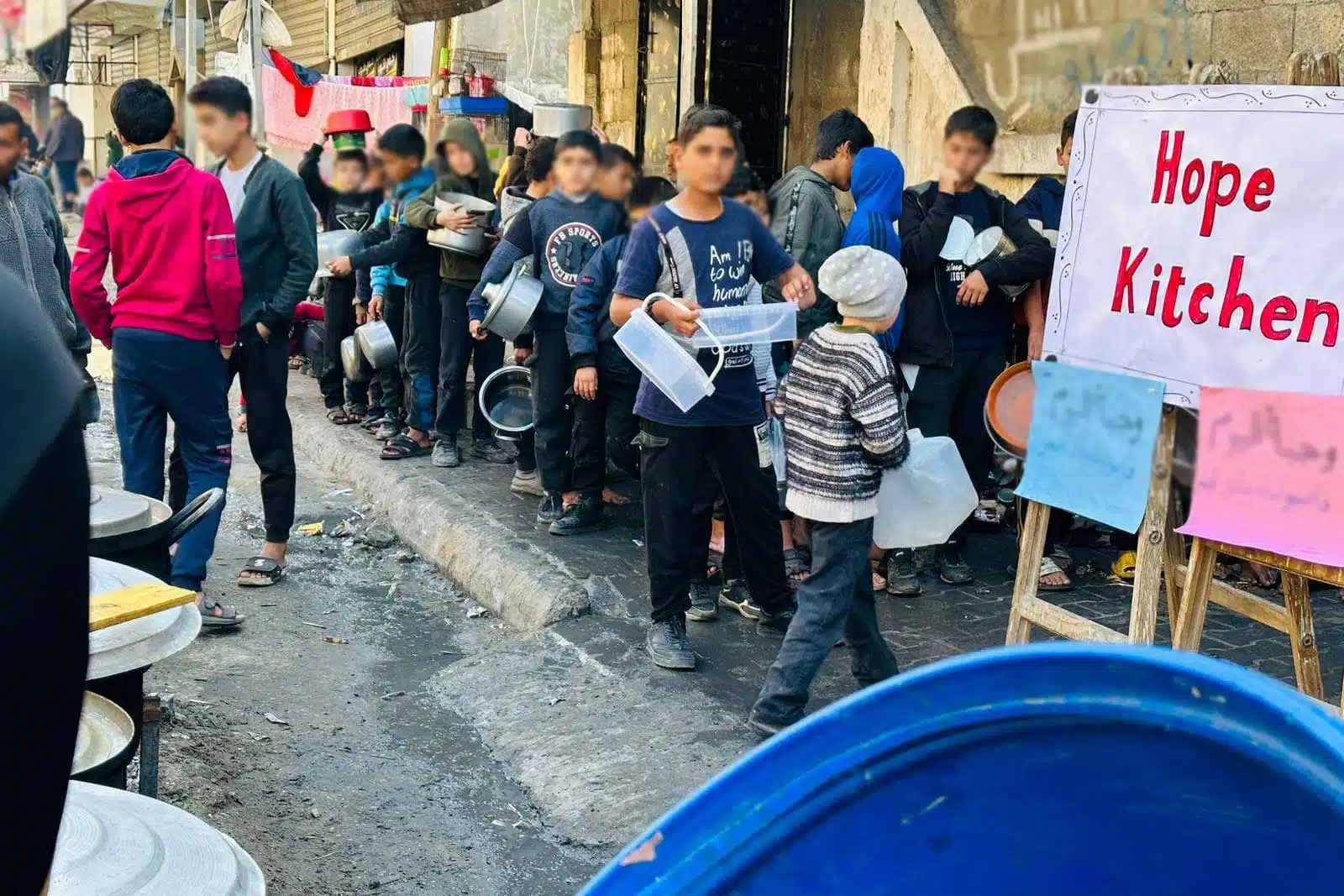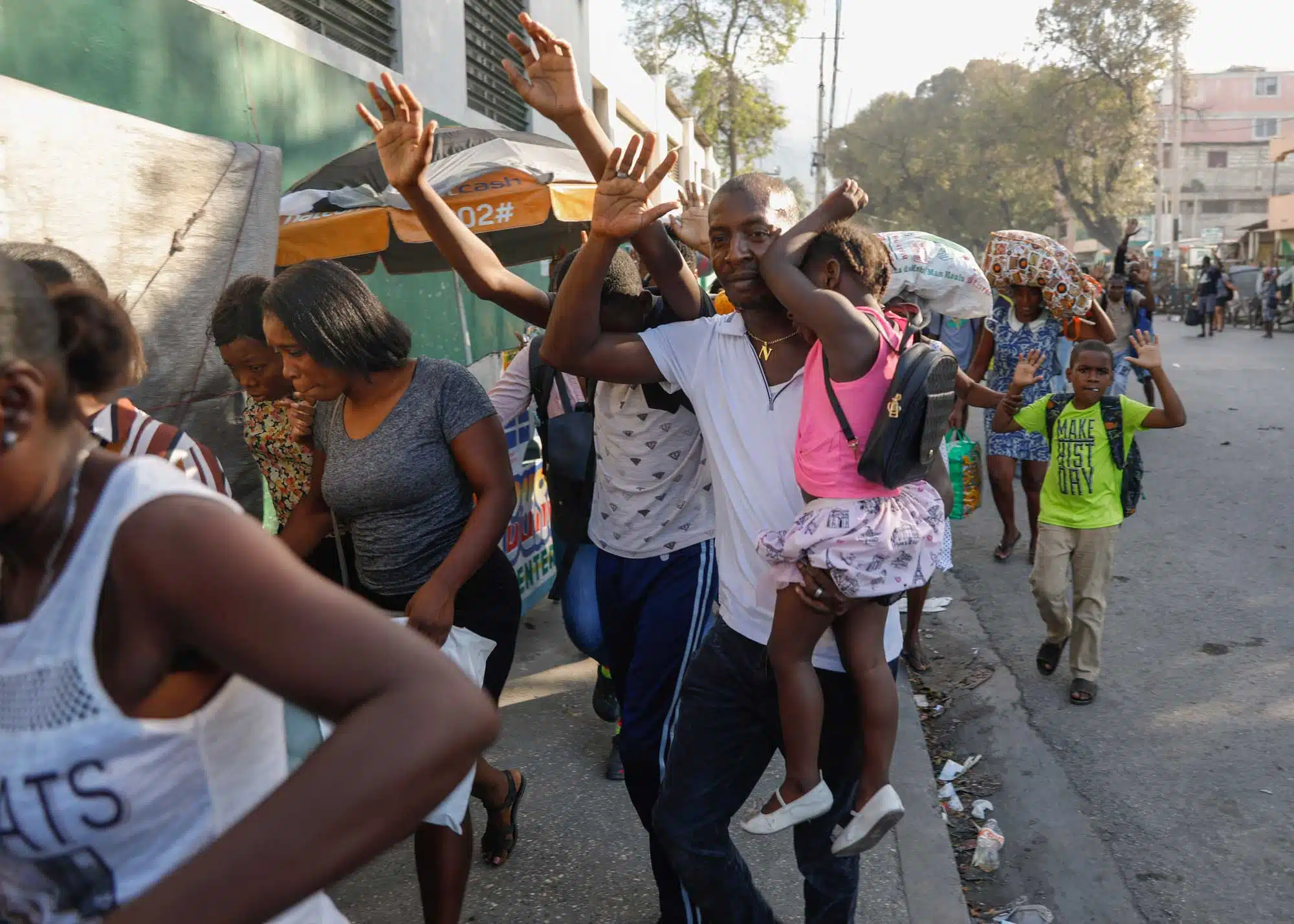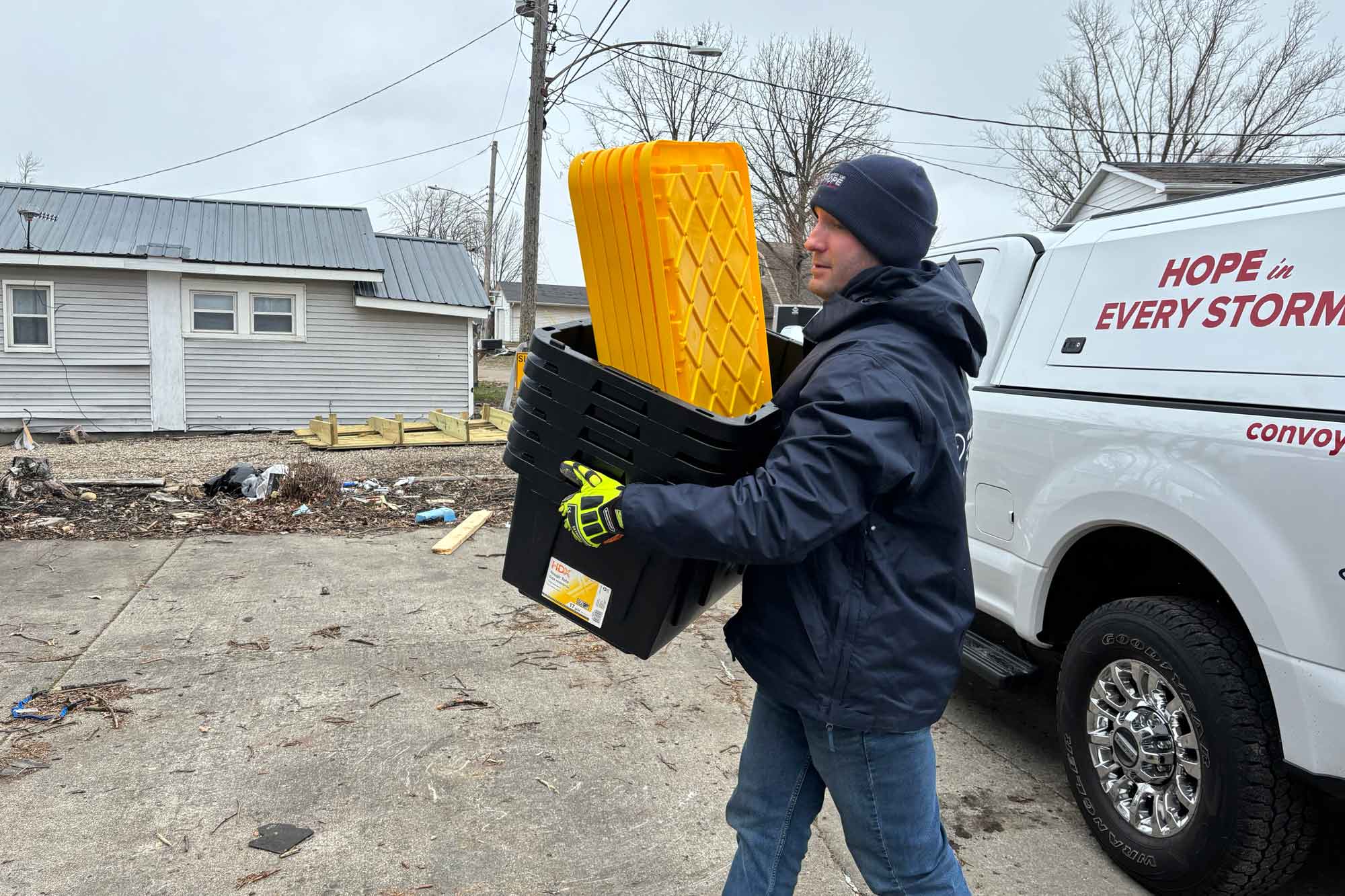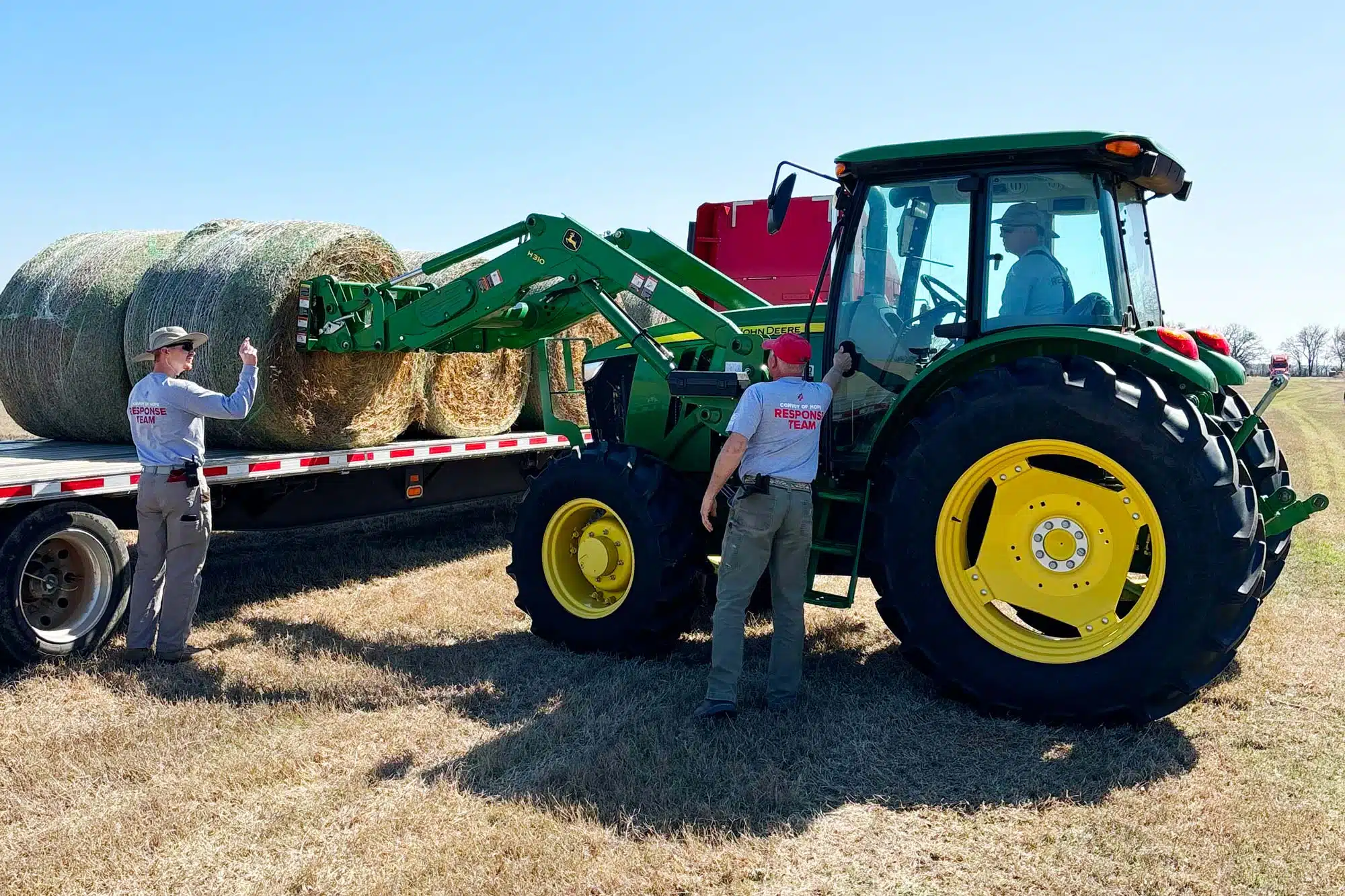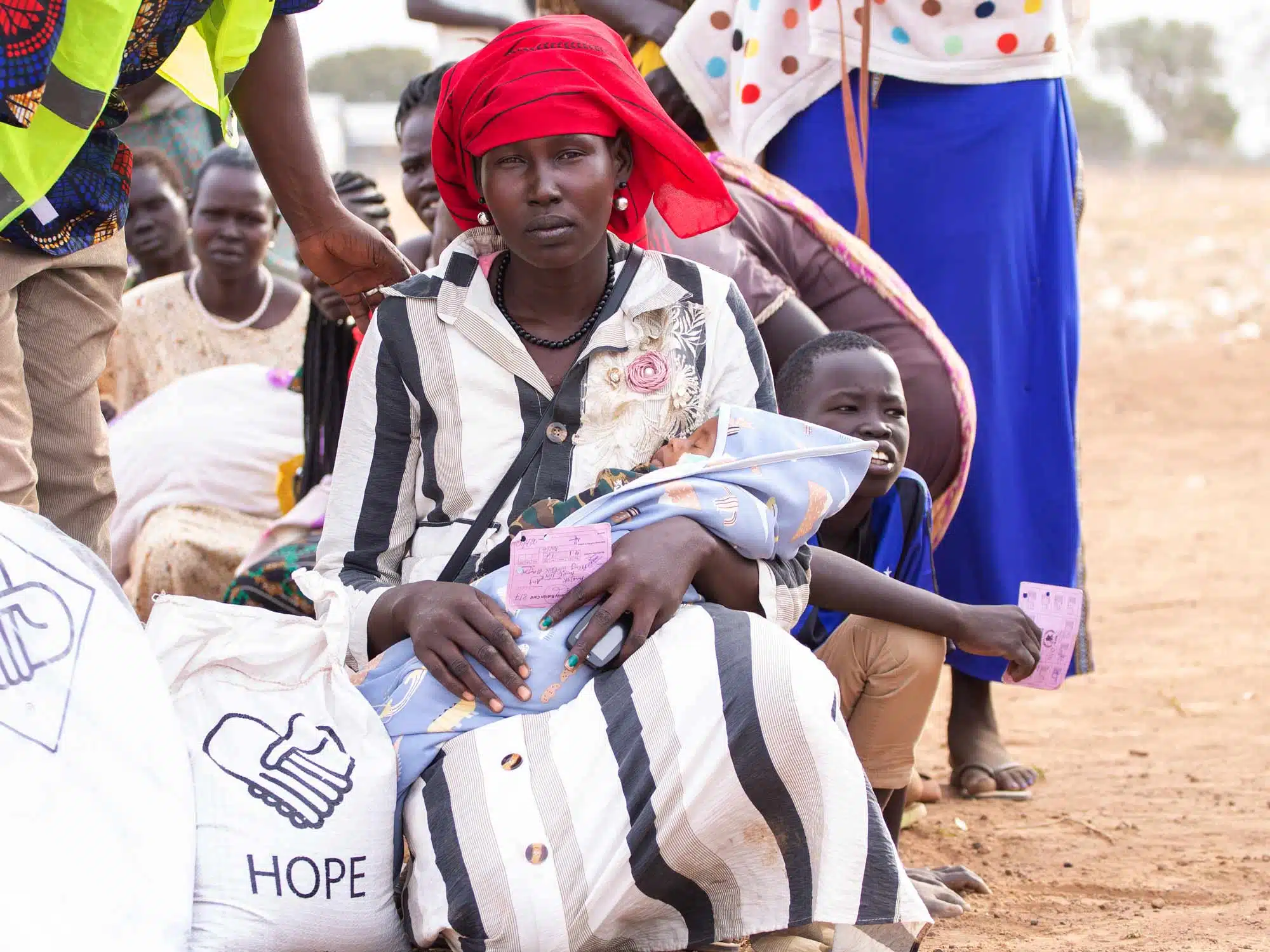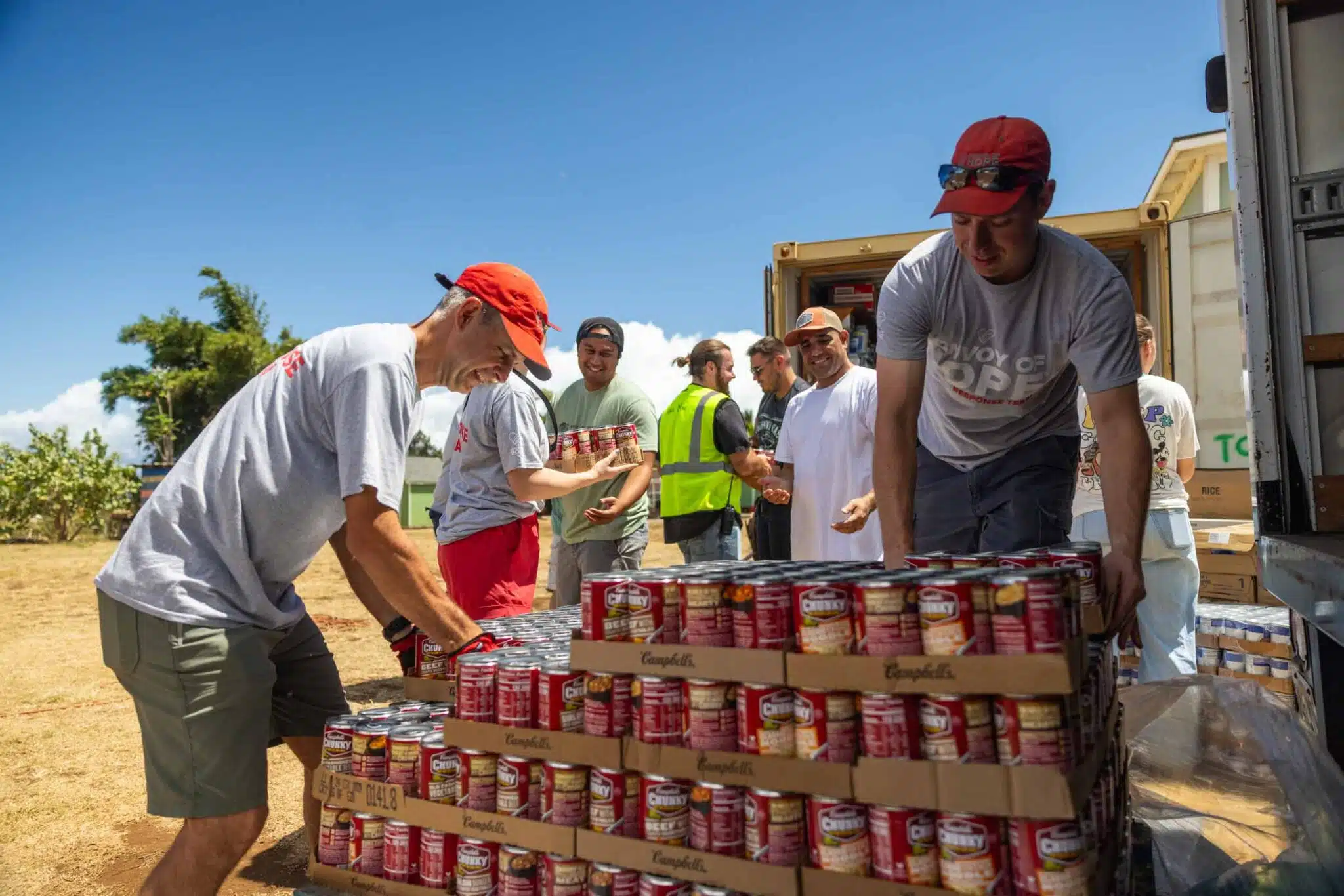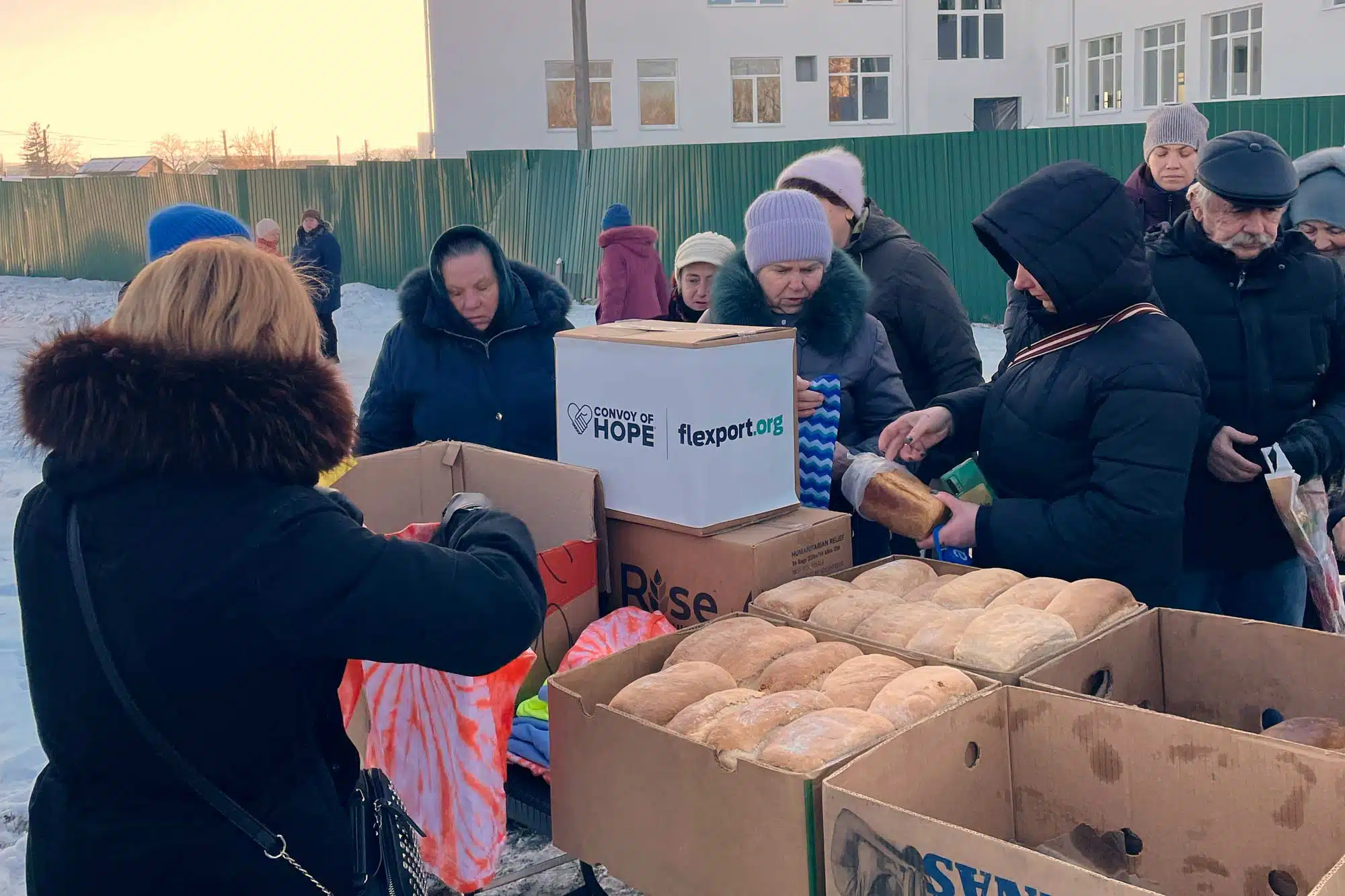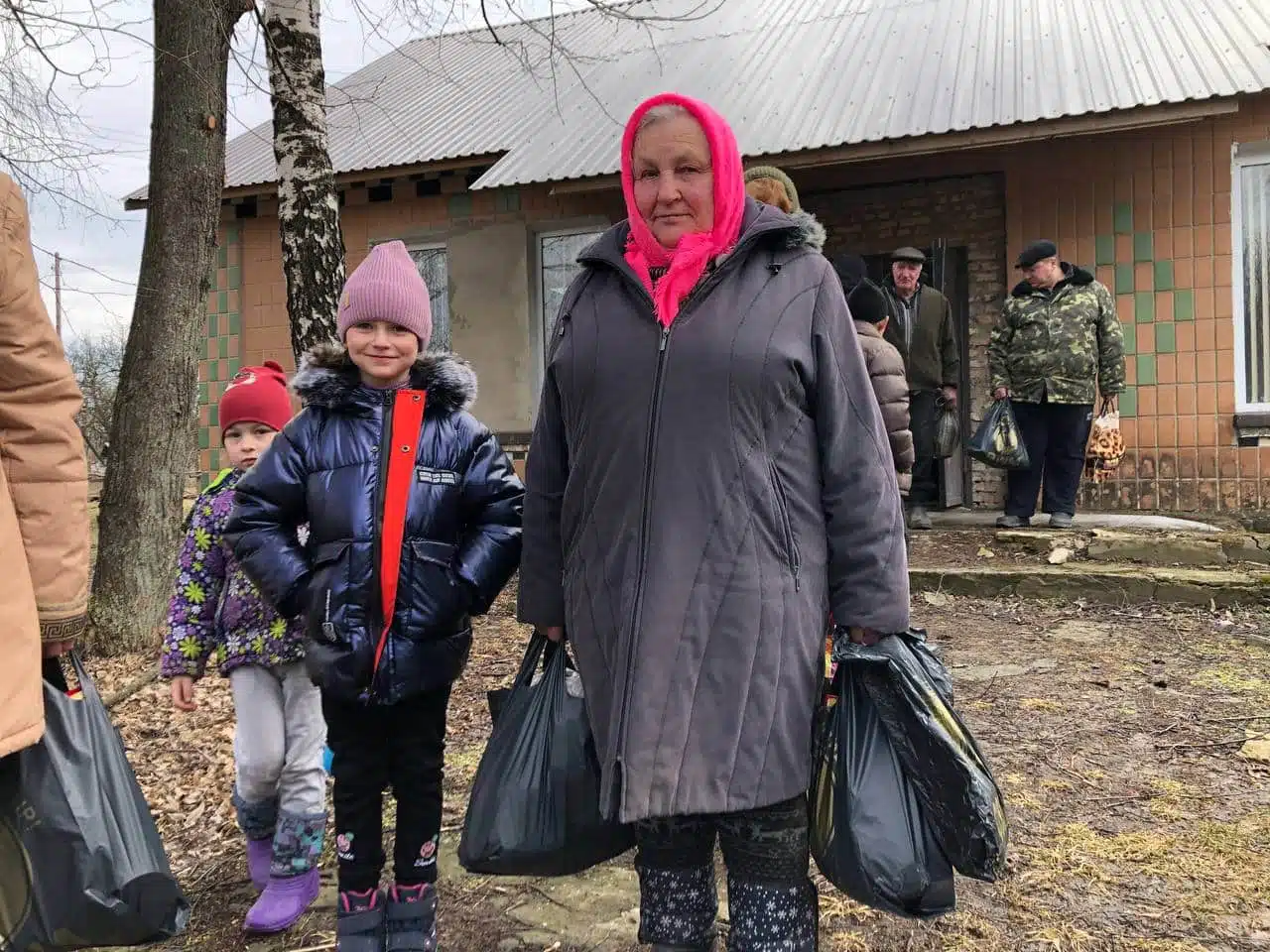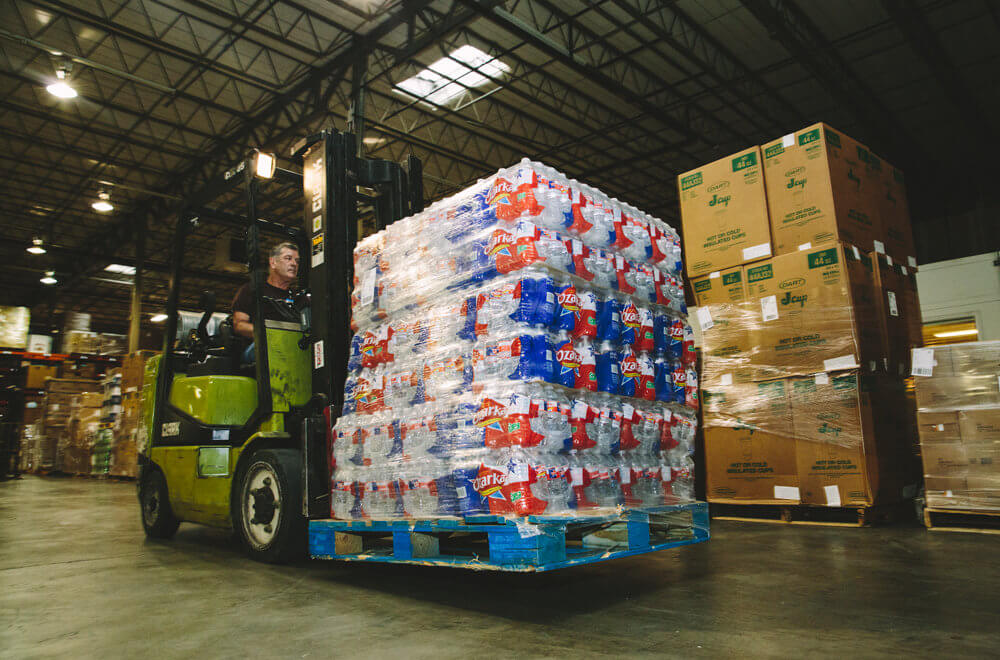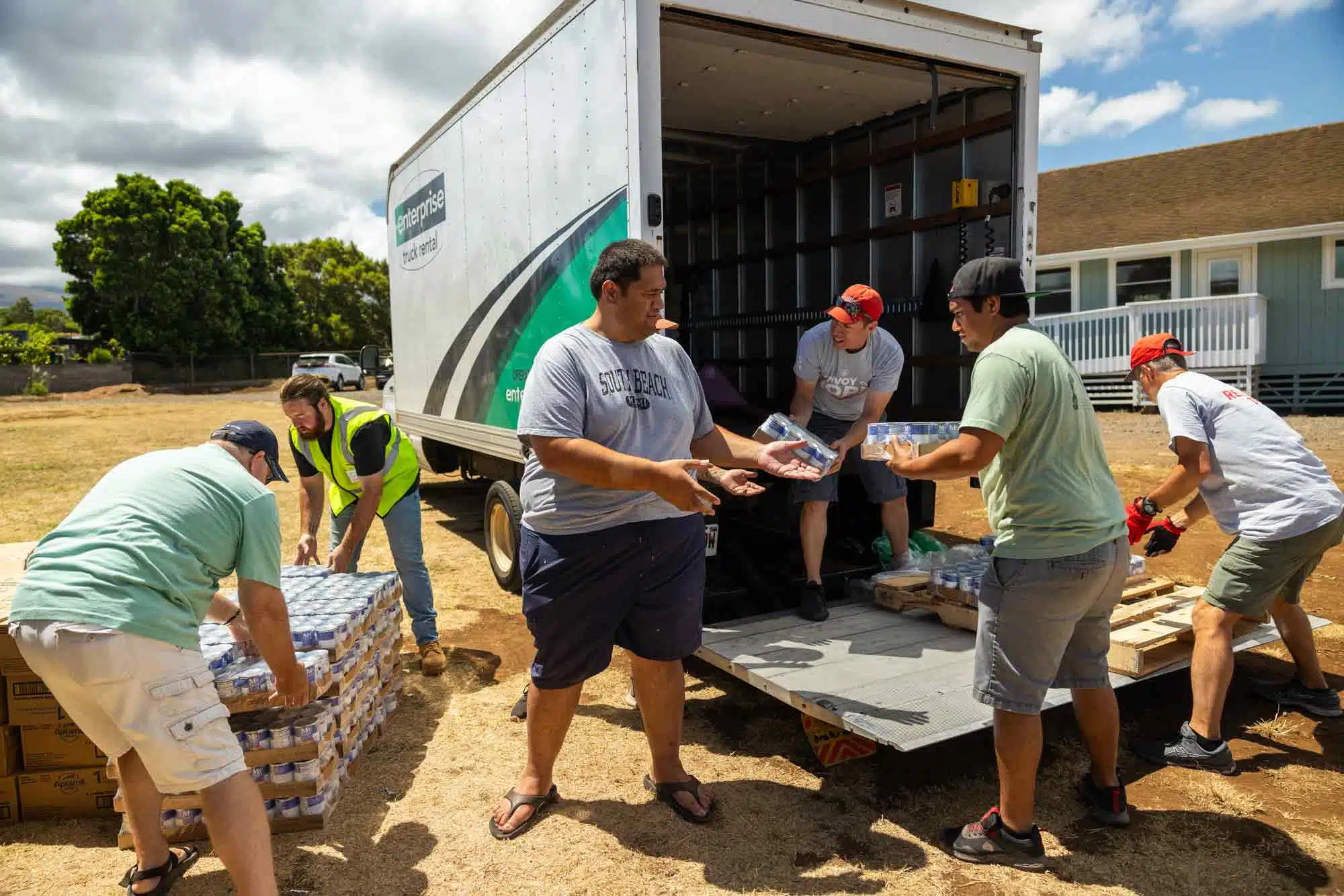Airlifted Relief Sustains Hero & Survivors of Cyclone Idai
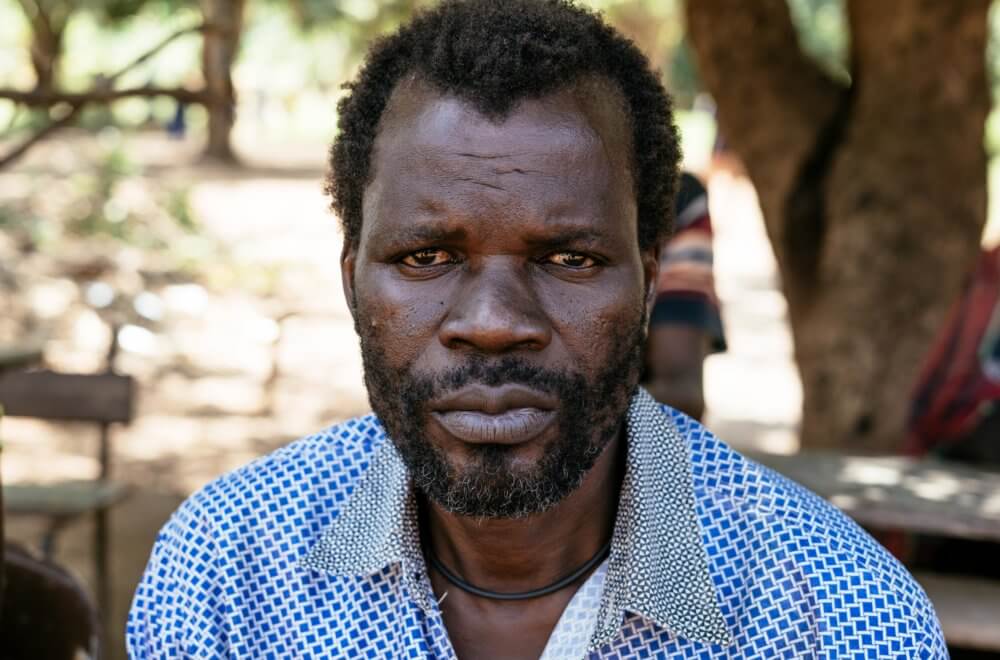
At 4 a.m., the flood waters of Cyclone Idai reached Armando’s home.
It was too late to save his belongings, so he ran to help an elderly neighbor. Slinging her over his shoulder, he carried her through the waters to the village grain mill, where he hoped to find higher ground.
As he approached, he saw several children struggling to keep their heads above water as they clung to trees. Faced with an impossible decision, Armando left the elderly woman at the mill and hoisted the children higher into the trees. He managed to get the first few kids higher in the branches and returned his attention to the elderly woman.
But she was gone. The water had completely overtaken the place where she had been sitting moments before. Armando spent the next few days looking after 10 children in the tops of those trees. Two eventually succumbed to the power of the flood and were washed away. Three nights and three days after the floods began, the waters receded to a point where it was safe for them to climb down.
His family was left with nothing.
Working with local partners, Convoy of Hope flew relief supplies into his village by helicopter. After more than a week without food, the despair of the villagers began to lift when the first cargo net loaded with more than 1,500 pounds of food touched down. In Armando’s village, generations will remember the grief caused by Cyclone Idai. Their memory, however, will also include the great hope they felt when cargo nets full of supplies reminded them that they were not forgotten.
Cyclone Idai made landfall on March 15 near Beira, Mozambique. According to the government, 600,000 people have been affected, and more than 1,000 people have died. The neighboring countries of Malawi and Zimbabwe also experienced serious flooding.
As of mid-April, Convoy of Hope had delivered more than 405,000 meals to more than 26,000 people. We also distributed food, water filtration systems, hygiene items, solar lamps, and seeds to affected regions in southern Malawi.
